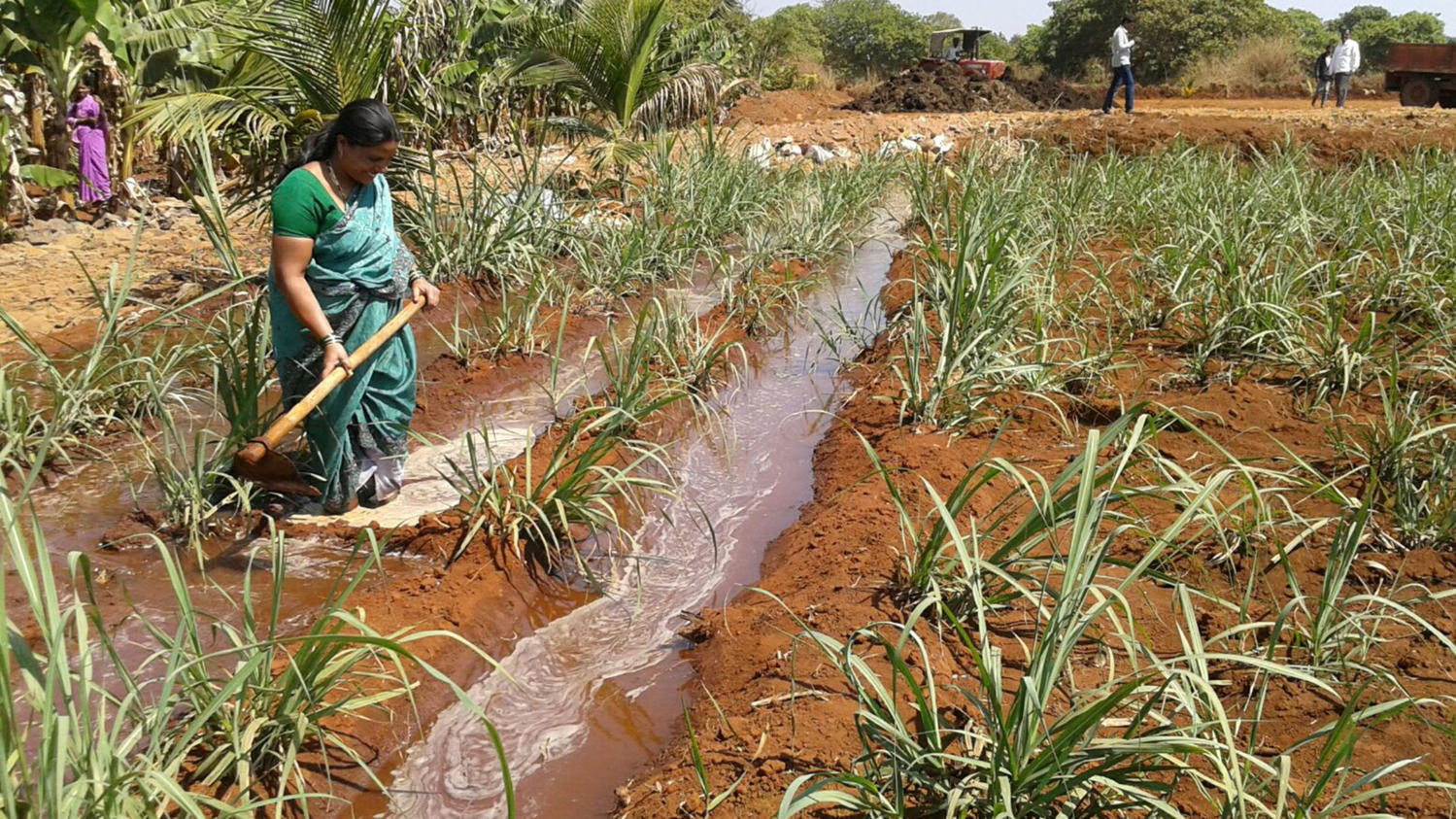Olam: Embracing natural capital

Olam is embracing natural capital for various reasons. Agriculture is the second biggest greenhouse gas emitter - which is why it’s essential for our sector to take account of its impact on the environment. Not only is this the right thing to do for the planet, but it also makes good business sense.
As conveyed by Peter Bakker, President and CEO of WBCSD: “Addressing climate change is the biggest business opportunity for the foreseeable future, and the transition to the low-carbon economy is unstoppable.”
At Olam, we have fully embraced this statement.
By understanding and accounting for Natural Capital across everything we do, we can continue to grow our business in a sustainable way alongside our customers, suppliers and stakeholders. One concrete way is the Olam’s smallholder OLC program which contributes to water reduction in sugarcane production in India. To date, the program has reached 20,500 farmers and saved 62 billion liters of water.
- Yes
- Biodiversity & Ecosystem Services
- Climate & Air Emissions
- Land
- Materials & Resources
- Water
- Corporate
- Project
- Monetary
- Qualitative
- Quantitative
- GLOBAL
- Law & order
- Direct operations
- Upstream
- Food and Beverages, Agriculture
Key findings
In India, cultivating one kg of sugar cane can require between 1,500 and 3,000 liters of water. With the support of partners IFC, Hindustan Unilever Foundation, Solidaridad and New Holland, Olam’s smallholder OLC program in Maharashtra and Madhya Pradesh, which began in 2013, has reached around 20,500 farmers across 22,500 hectares of land.
Overall productivity has increased by 15% while thanks to water stewardship, about 62 billion liters have been saved (water avoidance) over three years. In 2016, the initiative was awarded the Most Noteworthy Project of the Year by the Confederation of Indian Industry. The work continues to support our on the ground business operations by translating business activities into Natural Capital impacts.
